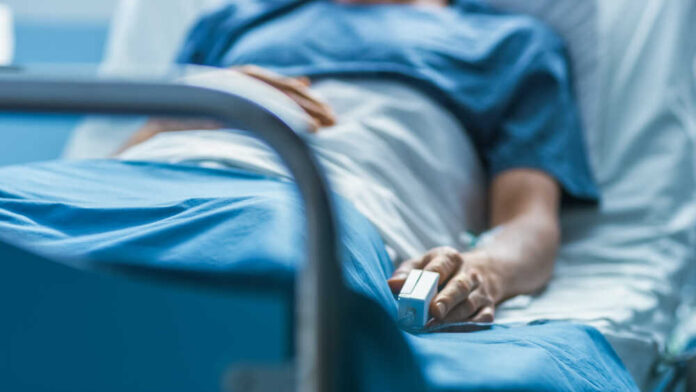A retired physician offers comfort to those who are afraid of death by discussing what happens in the final hours or minutes of life.
Born in Cheshire, Dr. Kathryn Mannix spent 30 years as a palliative care doctor. The 64-year-old came on BBC Woman’s Hour alongside host Emma Barnett to discuss her new short animation film titled ‘Dying for Beginner.’.
In response to Emma’s question on what happens when someone dies, she said that the first sign is a lack of energy, like an old phone with a dead battery. She said many people who are near death do not go hungry, and this is perfectly fine. They are not starving to death. Because their body is failing, they have stopped eating. In time, people dying don’t merely fall asleep; they become completely unconscious.
It is not a terrible mental condition to be in; it is a state of not knowing anything.
Contrary to the drama presented in many Hollywood films, the doctor added, as your body near its dying moments, you become unconscious all the time as life ebbs away.
The death rattle, which involves distressingly laborious breathing, was also mentioned.
She said that the brain operates on reflex breathing patterns that alternate between very deep breathing and progressively more shallow breathing. There would be stretches of slow breathing, then bursts of faster breathing, then a return to slower breathing.
Now, if you haven’t seen that before, you could assume that the person is straining to breathe, is panting, or is uncomfortable since their breathing is fast yet shallow.
Dr. Kathryn described this as an indication of profound unconsciousness and not distress.
She said, “This person is quite safe.” Finally, one of those stages of shallow breathing is expected near the end of a person’s life.
Contrary to what we’ve all been led to believe by Hollywood, there really can be an exhale without an accompanying inhale.
She acknowledged that knowing these things won’t make death any more manageable for a person’s loved ones but expressed her hope that it might ease some of their anxiety.


















